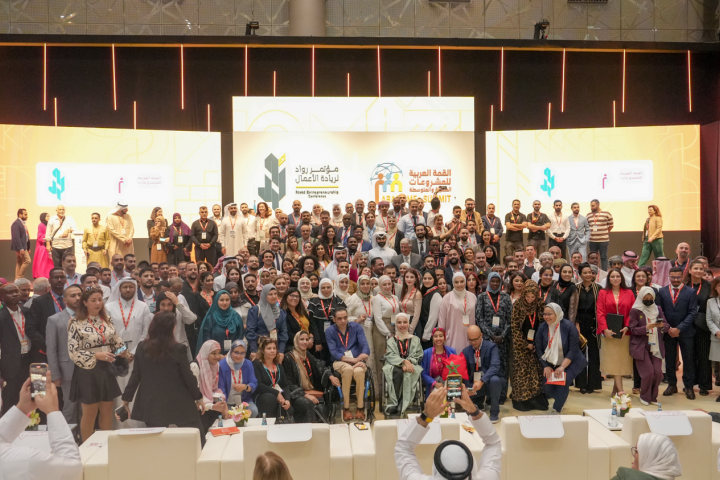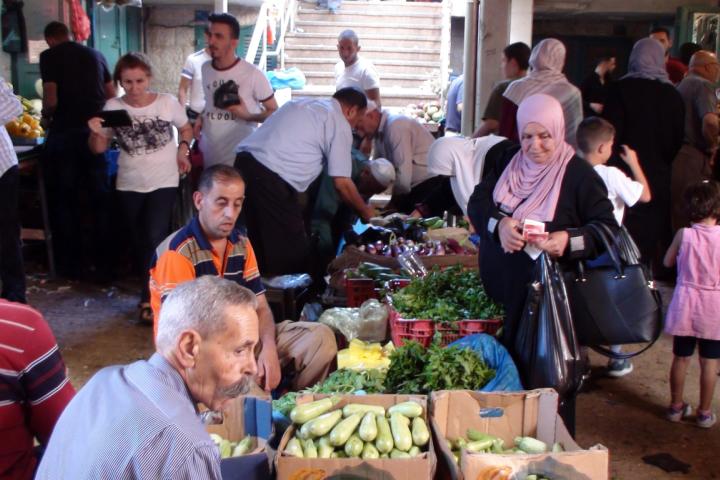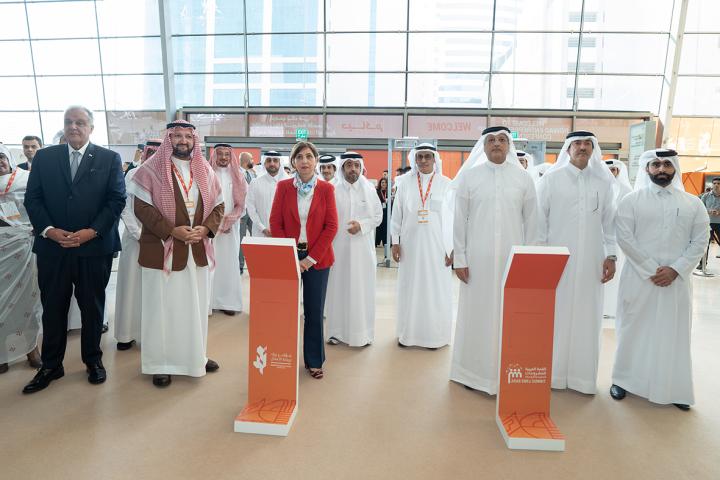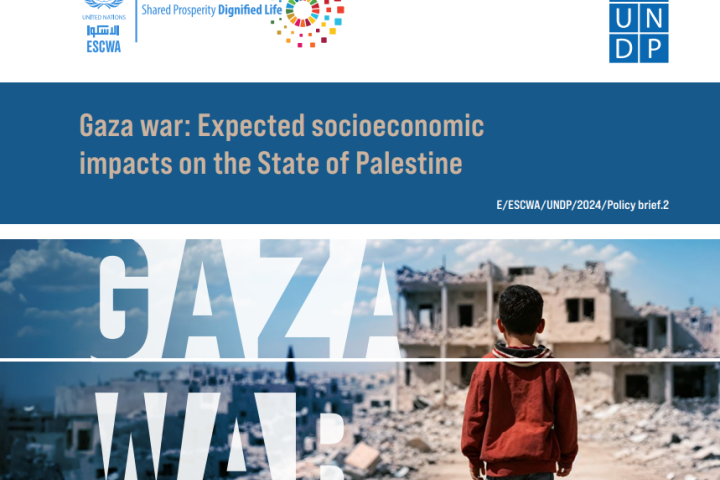بيانات صحفية
4 آذار/مارس 2014
Beirut
Integration Presents Arab World with Unique Opportunities for Human Development, says New ESCWA Report
Economic integration is “a requirement for survival”



